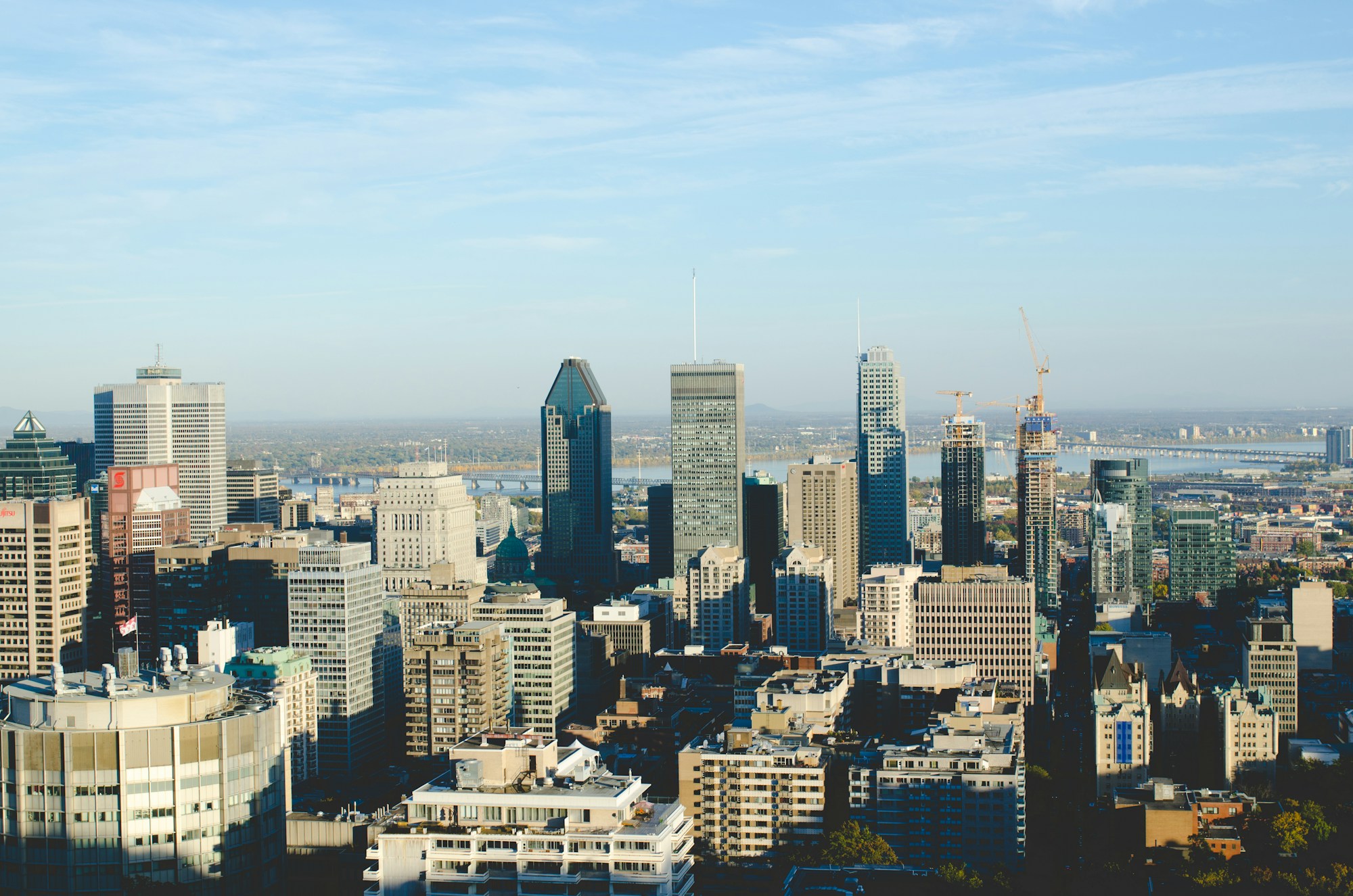Best Time to Visit Montreal: Weather Guide by Expert Geographer

Best Time to Visit Montreal: Weather Guide by Expert Geographer
Montreal, the largest city in Quebec, Canada, offers visitors a unique blend of historical charm, vibrant cultural scene, and stunning natural beauty. However, before planning your trip to this beautiful city, it's essential to understand the weather patterns to ensure you have the most enjoyable experience. As an expert geographer and meteorologist, I'll guide you through the different seasons in Montreal, helping you choose the best time to visit based on your preferences.
Montreal Weather Seasons
Montreal experiences four distinct seasons: spring, summer, fall, and winter. Each season offers a different experience, so your choice depends on the type of activities you enjoy and your tolerance for different weather conditions.
Spring (March to May)
Spring in Montreal is a beautiful time when the city comes alive with blooming flowers and blossoming trees. However, be prepared for unpredictable weather during this season. March and early April can be quite chilly, with temperatures ranging from 0°C to 8°C (32°F to 46°F). As the season progresses, temperatures gradually rise, reaching an average of 15°C to 20°C (59°F to 68°F) in May. Spring also brings occasional rainfall, so it's advisable to pack waterproof clothing.
Summer (June to August)
Summer is the most popular time to visit Montreal due to its pleasant weather and a wide range of outdoor activities. During June, temperatures range from 20°C to 26°C (68°F to 79°F), while July and August are usually the hottest months with average temperatures of 26°C to 30°C (79°F to 86°F). It's the perfect time to explore the city's parks, enjoy outdoor festivals, and indulge in various water activities. Don't forget to pack sunscreen and light clothing to beat the heat.
Fall (September to November)
Fall in Montreal is a breathtaking season when the city's foliage transforms into vibrant shades of red, orange, and yellow. September is still relatively warm, with temperatures ranging from 15°C to 20°C (59°F to 68°F). As the season progresses towards November, temperatures drop to 0°C to 10°C (32°F to 50°F), signaling the arrival of winter. It's advisable to pack layers during the fall months to stay comfortable throughout the day as temperatures fluctuate.
Winter (December to February)
Winter in Montreal is a true winter wonderland, albeit with very cold temperatures. December and January are the coldest months, with temperatures frequently dropping below freezing. The average temperature ranges from -9°C to -4°C (16°F to 24°F), sometimes even colder. It is essential to bundle up in warm, waterproof clothing to explore the city's winter activities like ice skating and snowshoeing. However, if you are a fan of winter sports and can handle the cold, Montreal in winter can be a magical experience.
Montreal Weather by Month
To help you understand the weather variations throughout the year, here is a month-by-month breakdown of temperature, humidity, sunshine hours, and precipitation in Montreal:
| Month | Season | Humidity | Temperature (°C) | Sunshine Hours | Rainfall (mm) |
|---|---|---|---|---|---|
| January | Winter | High | -12 to -6 | 4 | 60 |
| February | Winter | High | -11 to -5 | 5 | 55 |
| March | Spring | Moderate | -5 to 2 | 6 | 65 |
| April | Spring | Moderate | 3 to 11 | 7 | 70 |
| May | Spring | Moderate | 9 to 19 | 8 | 80 |
| June | Summer | Moderate | 14 to 24 | 9 | 85 |
| July | Summer | Moderate | 17 to 26 | 10 | 90 |
| August | Summer | Moderate | 16 to 25 | 9 | 90 |
| September | Fall | High | 11 to 20 | 8 | 75 |
| October | Fall | High | 5 to 13 | 6 | 70 |
| November | Fall | High | -1 to 4 | 4 | 75 |
| December | Winter | High | -9 to -3 | 4 | 75 |
Now armed with all this weather information, you can plan your trip to Montreal accordingly and choose the best time to visit based on your preferences. Whether you want to enjoy the blooming flowers of spring, the vibrant colors of fall, or the snowy wonderland of winter, Montreal has something to offer throughout the year.
